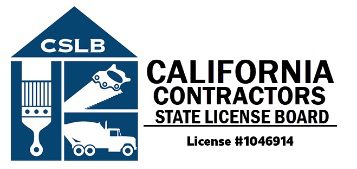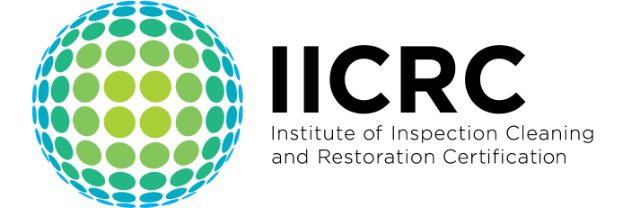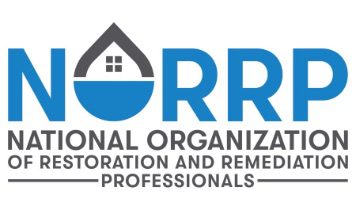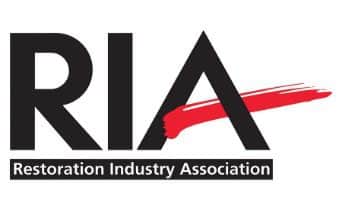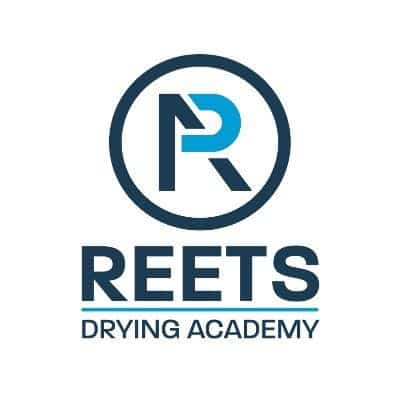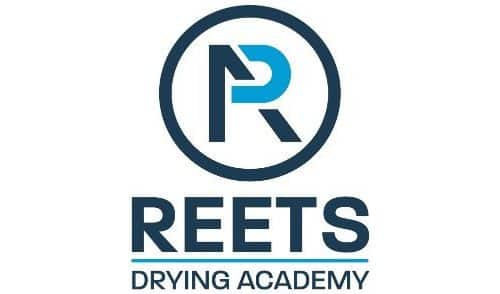4 Must-Know Water Damage Facts
4 Must-Know Water Damage Facts
As a property owner, water damage can be extremely stressful and often very costly. Accidents happen, but not all water damage incidents have to be catastrophic. In fact, you may even be able to mitigate some of the effects of water damage by taking a few extra precautions. Explore four water damage facts that may help save your home or business in the future.
1. Water damage is more common (and expensive!) than you think
Unfortunately, water damage is extremely common in the United States. Studies show that water damage emergencies effect over 14,000 Americans every single day at their home or business. Types of water damage may include:
- Malfunctioning home appliances or systems
- Plumbing, faucets, or pipe leaks
- Leaks from cracked ceilings, walls or floors
- Storm damage
- Sewage or water backups
And not only is water damage common, it’s also costly too! According to U.S. insurance companies, over $2.5 billion is paid out in claims from water damage and mold. This is why preventing water damage is so important for your property and your wallet.
Even minor leaks can be dangerous
Have you been putting off that tiny faucet leak? What about that water slowly seeping in from the crack in the roof you’ve been meaning to have repaired? Untreated water leaks can potentially turn into extensive water damage in the future. Gradual water damage may lead to health hazards (i.e., mold exposure), structural damage, and malfunctioning appliances or systems. In addition, gradual water damage from a “tiny” leak can turn into a big water-wasting problem. According to the EPA, household leaks can waste almost one trillion gallons of water annually nationwide. This is why it is so important to schedule regular plumbing maintenance in your home or business. Even small leaks can turn into big problems if left untreated.
Water damage could cause physical harm
Water damage not only causes property damage, but it can also pose as a serious health risk for humans too. Water damage can lead to mold and mildew, which is not always evident right away. Even when unseen by the naked eye, mold can be detrimental to your health. Inhaling or touching mold has the potential to produce allergens, irritants, and toxic substances. Mold could also trigger respiratory issues, like asthma. for those who are more vulnerable to allergies or immune disorders.
In addition to mold, water damage may also expose you to hazardous chemicals. Depending on the water source, the water carried into your home or business could be bringing toxic chemicals along with it. For example, grey water (i.e., from toilets or dishwashers) may contain unsafe levels of bacteria, viruses, or mold that may cause discomfort to the skin or even potential illnesses upon exposure. Similarly, black water (i.e., from sewage or sea water) is extremely contaminated and may contain toxics or pathogens that could pose a serious risk to human health. Because of these potential risks, assessing, containing, and preventing the source of the water from spreading is crucial to mitigate further damage to property and your own physical health.
Mold can start growing after 24 hours
Speaking of mold…Did you know that mold is a bit of an opportunist? All mold needs to grow is a mix of oxygen, moisture, and organic material. That’s why water damaged properties are the perfect place for mold to flourish. So, when water damage occurs, you can bet mold will follow shortly after if left untreated. If you have recently had water damage or suspect your property has mold, it’s recommended to call a professional to prevent further damage and treat the mold as soon as possible.
Call a Water Damage Restoration Professional
Water damage is never fun, but these fun facts just may help prevent an unnecessary disaster from happening. However, if disaster does strike, Dry Kings Restoration is here to help every step of the way! Give us a call today for a FREE water damage restoration inspection.
Contact
More News
Newsletter
Sign up and receive valuable tips to help you protect your residential building or commercial property from damages.
Awards
